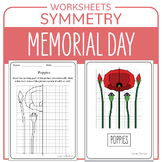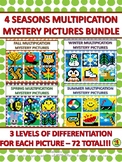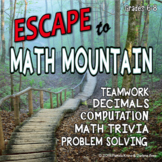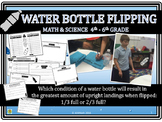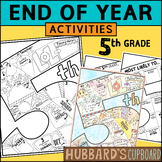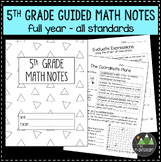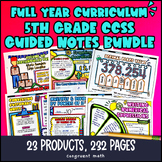5th grade math elective course proposals for Google Apps
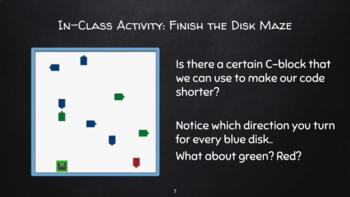
Introduction to VEX: Lesson 7
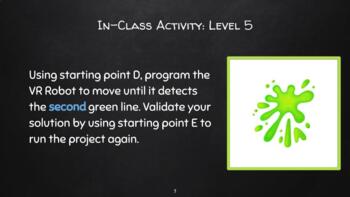
Introduction to VEX: Lesson 9
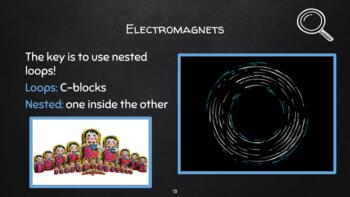
Introduction to VEX: Lesson 8
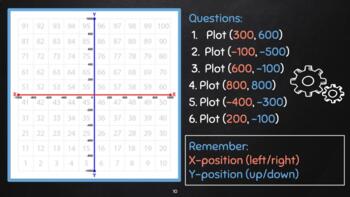
Introduction to VEX: Lesson 10

Introduction to VEX: Lesson 11
Find lessons for 5th grade math | TPT
Importance of learning math in 5th grade
Since math forms the basis for many other subjects — like science, engineering, and technology — it's essential that kids develop strong math skills starting in elementary school, as it makes them more likely to succeed in the more challenging middle and high school courses.
Benefits of learning math in 5th grade
Learning math in 5th grade has many benefits. It helps students:
- Develop problem-solving, logical reasoning, and critical-thinking skills
- Prepare for more complex mathematical concepts in higher grades
- Understand how math is used in real-life situations
By ensuring that 5th graders have a solid understanding of math concepts, teachers can help set them up for future success
Key topics covered in 5th grade math
In 5th grade, students are introduced to more challenging mathematical concepts. They'll likely continue to build on their understanding of fractions and decimals, and explore new concepts like numerical expressions.
Decimals
Fifth graders will continue to build on their knowledge of decimals by learning how to read, write, and compare decimals to thousandths.
Operations with Fractions
Fifth grade math involves extending their understanding of how to add, subtract, multiply, and divide fractions with unlike numerators and denominators. Fifth graders will start learning how to simplify fractions, convert fractions to mixed numbers, and find common denominators.
Measurement
In 5th grade, measurement concepts become more complex, and involve learning about volume and capacity.
Algebraic Thinking
In 5th grade math, teachers will introduce the concept of algebraic thinking. This includes working on numerical expressions. They learn to solve simple one-step equations and use algebraic thinking to solve real-world problems.
Data
Fifth graders will learn about the coordinate system, along with how to create and interpret graphs and charts.
How to find math resources for 5th grade
Educators can save time preparing lessons by using math worksheets, activities, and other types of resources created by experienced Sellers on TPT. Simply search the TPT marketplace for "5th grade math," and filter by grade level, price, and/or resource type to find print and digital materials that've been proven to work in classrooms around the country.
Frequently asked questions
What types of 5th grade math resources are available on TPT?
There are many different types of math worksheets, lessons, and activities sold by Sellers on TPT. Some popular math worksheets, games and resources can be found on topics like: fractions, decimals, algebra, probability, and geometry.
What are some good resources for practicing math in 5th grade?
Websites like TPT offer free and paid resources, including worksheets, for 5th grade students practicing math. You can also find refresher lessons for concepts learned in earlier grades.
What are 5th graders learning in math right now?
Fifth graders will learn decimal and fractional expressions and explore numerical expressions, volumes and diagrams.
How much math practice should my student do each day?
The amount of practice varies depending on your student's needs, but generally, 20-30 minutes of practice per day is recommended.
What if my student doesn't enjoy math?
Sprinkle a little fun into your math lessons by using games, videos, puzzles, and real-life scenarios. If a child in your class seems to find math boring or uninteresting, you can also try connecting it to their interests or hobbies. Additionally, teachers can encourage a positive attitude and celebrate small successes.

